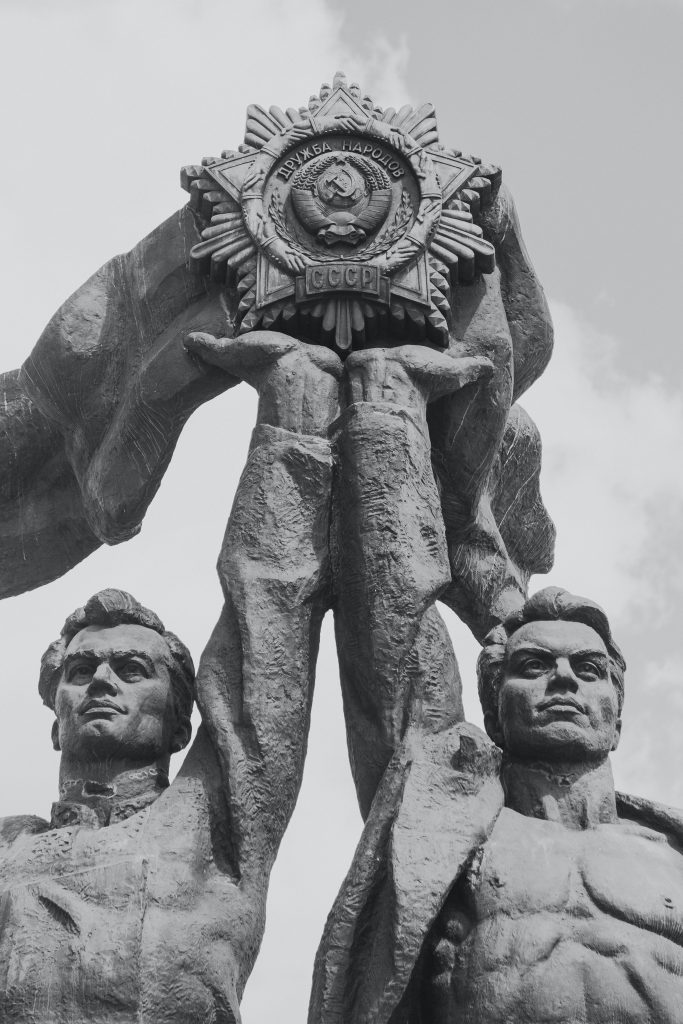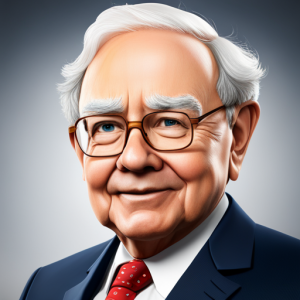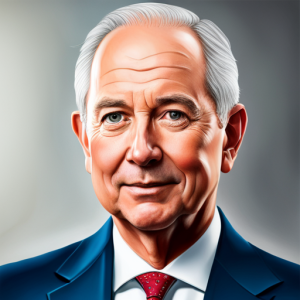John D. Rockefeller: The Life and Legacy of an American Business Magnate

John D. Rockefeller was an American business magnate and philanthropist who lived from 1839 to 1937. He is widely regarded as one of the wealthiest Americans of all time and the richest person in modern history. Rockefeller was born into a large family in Upstate New York, and his family moved several times before settling in Cleveland. He began his career as an assistant bookkeeper at the age of 16.
Rockefeller’s business career began in the oil industry, where he founded the Standard Oil Company in 1870. Under his leadership, Standard Oil grew to dominate the oil industry and became the first great U.S. business trust. Rockefeller’s success in the oil industry made him one of the richest men in the world, and he used his fortune to fund ongoing philanthropic causes. He is also known for his contributions to medical research, education, and the arts. Despite his immense wealth, Rockefeller was known for his frugal lifestyle and commitment to hard work.
Early Life
John D. Rockefeller, born on July 8, 1839, in Richford, New York, was the second of six children born to William Avery Rockefeller and Eliza Davison. His father was a traveling salesman who sold various goods, including cancer remedies, and his mother was a homemaker.
Rockefeller’s family moved several times before eventually settling in Cleveland, Ohio, in 1853. At the age of 16, he became an assistant bookkeeper at a Cleveland shipping firm. He was a hardworking and diligent employee, and his work ethic earned him the respect of his employer, who entrusted him with more responsibilities.
In his early twenties, Rockefeller started his own business with a partner, Maurice B. Clark, as a produce commission merchant. However, the business failed, and Rockefeller decided to go into the oil business. In 1863, he invested in an oil refinery in Cleveland, which he and his partners turned into a profitable enterprise.
Rockefeller’s early success in the oil industry was due to his ability to streamline operations, reduce costs, and maximize profits. He believed in the benefits of vertical integration, which meant owning every aspect of the oil business, from drilling to refining to transportation. By the early 1870s, Rockefeller had consolidated many of the smaller oil producers in the United States, creating a monopoly that controlled over 90% of the oil business in the country.
Rockefeller’s success in the oil industry made him one of the richest men in the world. However, his business practices were controversial, and he was often criticized for his ruthless tactics, including price-fixing and bribery. Despite this, Rockefeller was a philanthropist who gave away much of his wealth to various causes, including education and medical research.
Standard Oil Company
Standard Oil Company was an American oil production, transportation, refining, and marketing company that operated from 1870 to 1911. It was founded by John D. Rockefeller, a businessman and philanthropist who became one of the wealthiest Americans of all time.
At its height, Standard Oil was the largest petroleum company in the world, controlling almost all oil production, processing, marketing, and transportation in the United States. The company’s success made Rockefeller and his associates among the wealthiest people in the world.
Standard Oil’s origins date back to 1863 when Rockefeller joined Maurice B. Clark and Samuel Andrews in a Cleveland-based partnership. The company grew rapidly, and by the 1870s, it had become a major force in the oil industry.
The company’s success was due in part to its aggressive business practices, including buying out competitors, controlling transportation routes, and undercutting prices. These practices led to accusations of monopolistic behavior and eventually led to the company’s breakup in 1911 by the Supreme Court, which ruled that it was in violation of the Sherman Antitrust Act.
After the breakup, Standard Oil was divided into 34 separate companies, including ExxonMobil, Chevron, and ConocoPhillips. These companies continue to play a significant role in the oil industry today.
Philanthropy
John D. Rockefeller was not only an industrialist but also a great philanthropist. He believed in giving back to society and used his wealth to support various charitable causes. Throughout his life, he donated millions of dollars to different organizations and institutions.
One of his most significant contributions was the establishment of the Rockefeller Foundation in 1913. The foundation’s primary goal was to promote the well-being of humanity by supporting research in medicine, agriculture, and social sciences. Over the years, the foundation has funded numerous projects in different parts of the world and has helped improve the lives of millions of people.
Rockefeller also supported education and believed in its power to transform society. He founded the University of Chicago in 1890 and donated millions of dollars to other educational institutions, including Harvard University, Spelman College, and Tuskegee Institute.
Apart from education and healthcare, Rockefeller also supported the arts and culture. He was a patron of the Museum of Modern Art in New York and donated money to various other museums and cultural institutions.
Despite his controversial business practices, Rockefeller’s philanthropic contributions played a significant role in shaping modern society. His legacy continues to inspire many philanthropists around the world to this day.
Legacy
John D. Rockefeller’s legacy is complex and multifaceted. On one hand, he is remembered as one of the most successful businessmen in American history, having built the Standard Oil Company into a massive empire that dominated the oil industry for decades. On the other hand, he is also remembered as a ruthless monopolist who used his wealth and power to crush competitors and exploit workers.
Despite these controversies, there is no denying the impact that Rockefeller had on American society. His innovations in the oil industry helped to drive down the cost of oil and make it more accessible to the average consumer. He also pioneered many business practices that are still in use today, such as vertical integration and the use of trusts to consolidate power.
Perhaps even more importantly, Rockefeller was a major philanthropist who gave away much of his fortune to support causes such as education, medicine, and scientific research. The Rockefeller Foundation, which he established in 1913, has played a major role in advancing public health and promoting international cooperation.
Of course, there are also those who criticize Rockefeller’s philanthropy, arguing that it was a way for him to whitewash his reputation and distract from the harm he caused through his business practices. Nevertheless, there is no denying the impact that his philanthropic efforts have had on the world.
Overall, John D. Rockefeller’s legacy is a complex one that reflects both the best and worst aspects of American capitalism. While his business practices were often ruthless and exploitative, his philanthropy helped to make the world a better place. Today, his name remains synonymous with both wealth and power, as well as with the potential for positive change.












